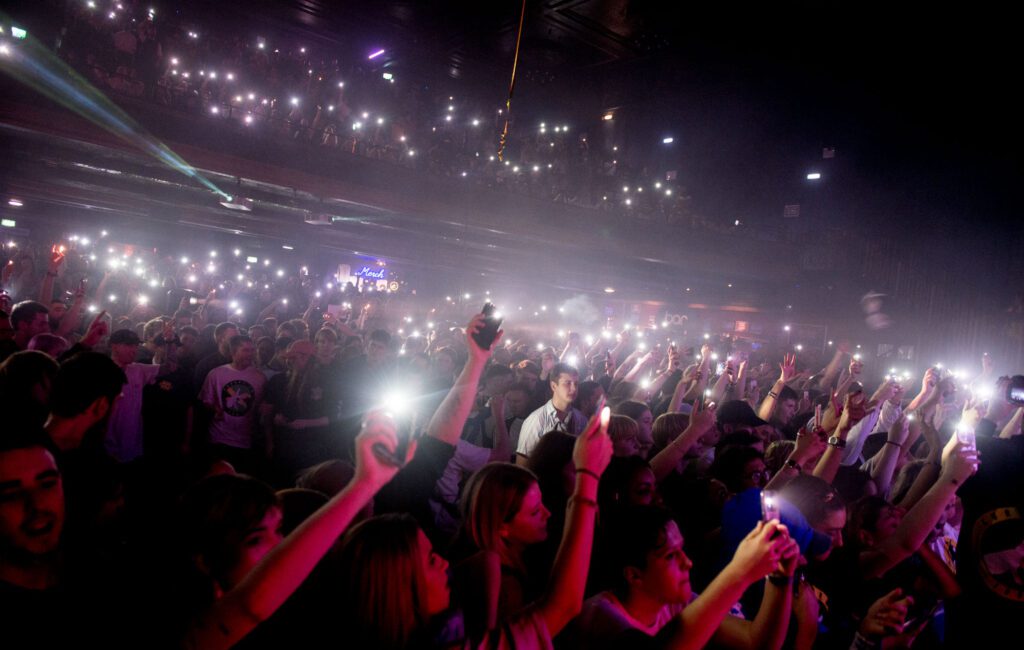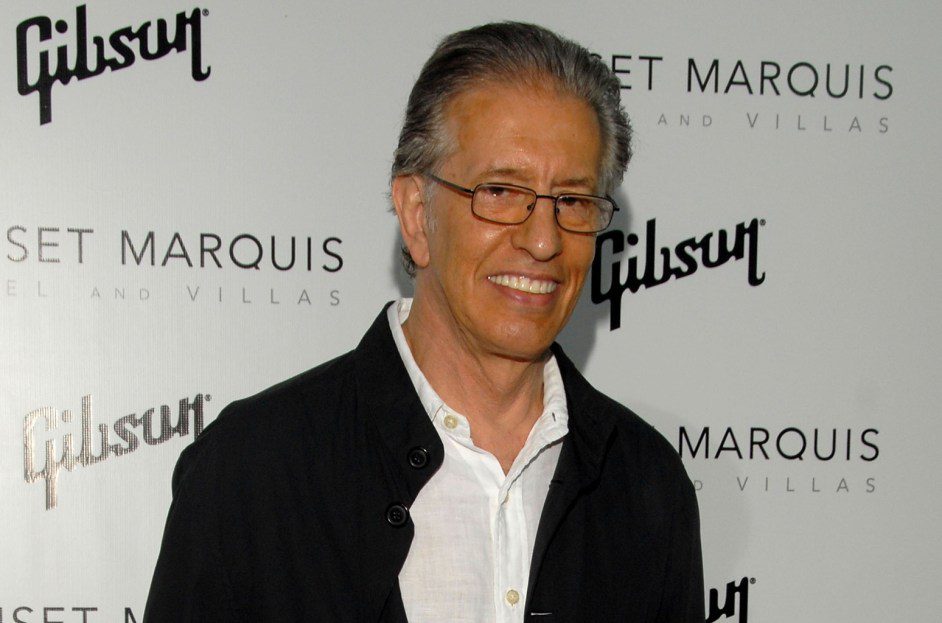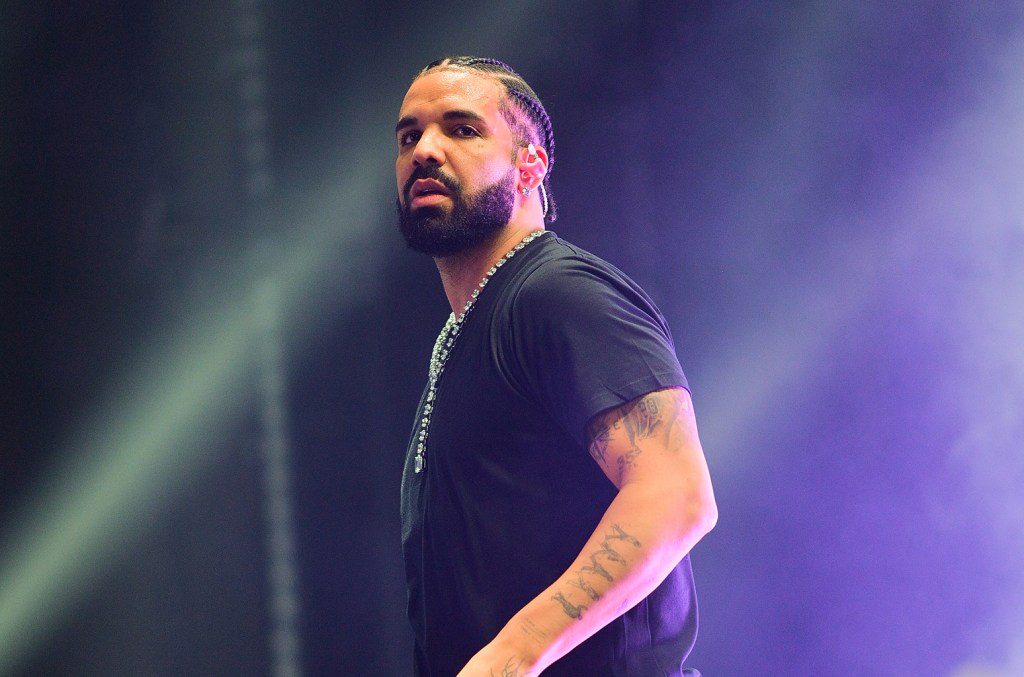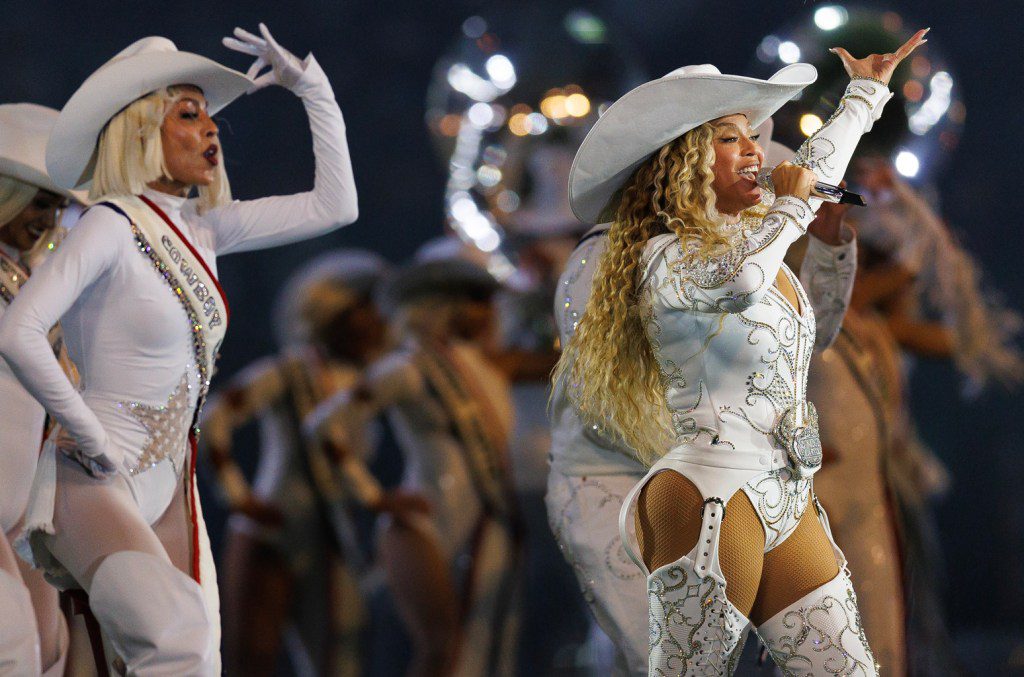Live Nation revenue down 98% due to coronavirus gig shutdown
Concert giant Live Nation has revealed that revenues plunged by 98% in the last financial quarter, after the coronavirus devastated the live music sector.
According to financial results for the quarter ending June 30, 2020, the touring giant posted a net revenue of $74.1 million – which is 98% lower than the $3.16 billion a year earlier – and an adjusted operating loss of $431.9 million.
The company also held just 24 concerts in North America, compared to 7,213 in last year’s second quarter.
In Europe, there was a total of just 131 concerts, down from 3,309 last year, attended by 41,000 fans.
Live Nation said in a statement: “Over the past three months, our top priority has been strengthening our financial position to ensure that we have the liquidity and flexibility to get through an extended period with no live events. Our expectation is that live events will return at scale in the summer of 2021, with ticket sales ramping up in the quarters leading up to these shows.”
Remaining positive, CEO Michael Rapino noted that 86% of fans had opted to keep tickets for rescheduled shows next year and that two-thirds of festival-goers are keeping tickets for next year’s event.
Specifically, they cited strong early ticket sales for Download and Isle of Wight festivals in the UK.
“Importantly, we remain confident that fans will return to live events when it is safe to do so. Our strongest indicator of demand is that fans are holding on to their tickets, even when given the option of a refund. Through the end of the second quarter, 86% of concert fans are keeping their tickets for rescheduled shows, demonstrating their continued desire to attend concerts in the future despite the current uncertainty,” Rapino said.
The grim figures come after the UK government revealed plans for an unprecedented cash injection of £1.57 billion to help the arts, culture and heritage industries survive the impact of closures brought on by coronavirus – providing music venues, independent cinemas, museums, galleries, theatres and heritage sites with emergency grants and loans.
Earlier this week, figures from the music industry also backed the #LetTheMusicPlay campaign once more to demand that the government share arts funding to protect the future live crew, musicians and the individuals working behind the scenes.
Last week, the organisers of a government pilot socially distanced gig with Frank Turner performing at London’s Clapham Grand acknowledged that the event “did not succeed” in creating a viable blueprint for the return of live music.





